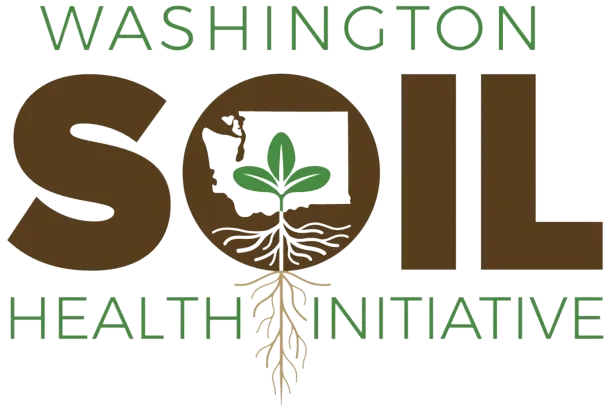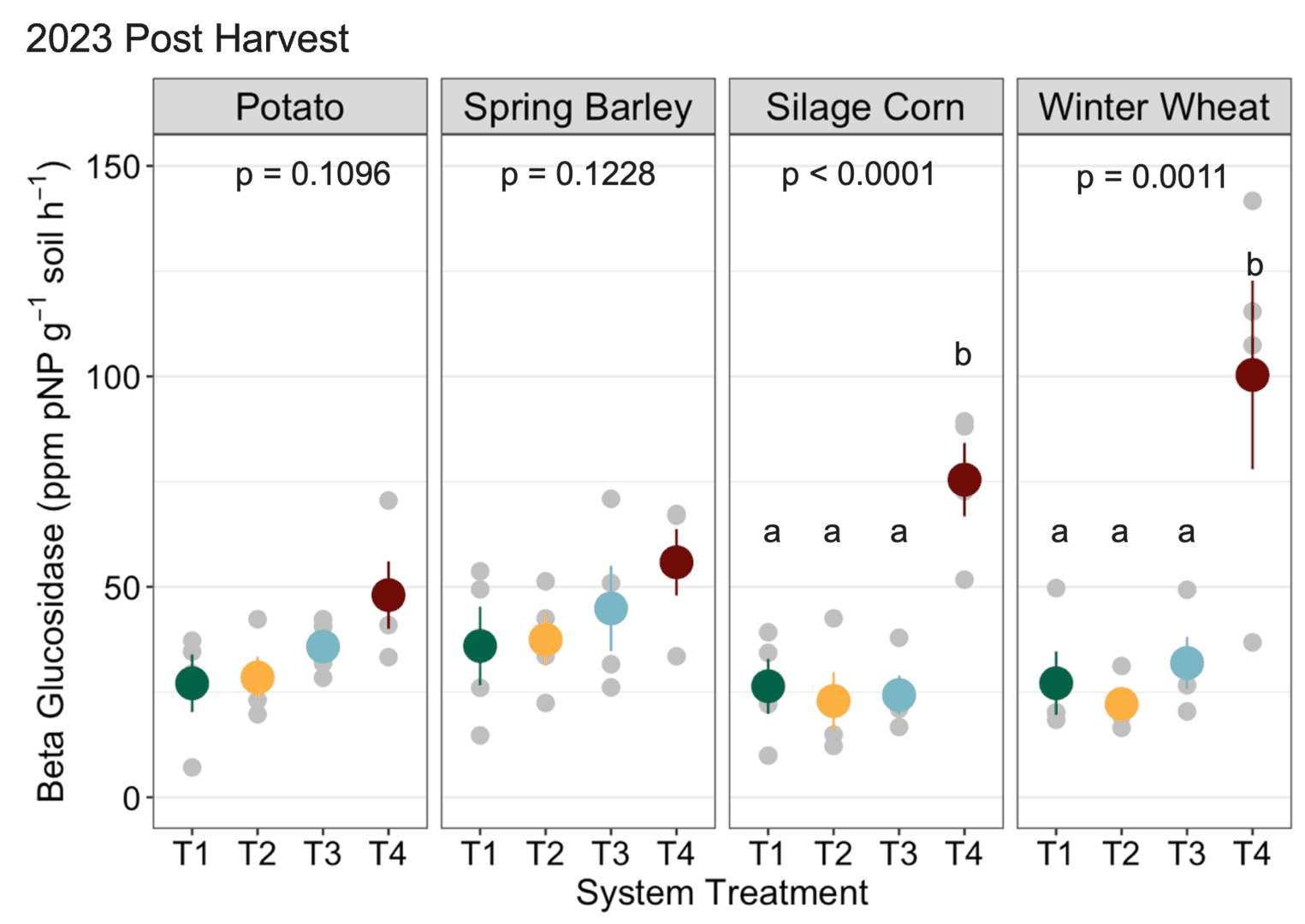LTARE Data Management Plan Overview
LTARE Site Network Data Collection and Management
The Long-Term Agroecological Research and Extension (LTARE) site network across six sites in Washington State is set to generate a wealth of valuable data over its lifespan. The scientists managing these sites prioritize data accuracy and integrity, mindful of the many variables that can influence agricultural research data collection.
The WaSHI team collaborates closely to ensure consistent soil health and ecological indicators are gathered across all sites, while also capturing the unique characteristics specific to each location. This balance allows researchers to build a rich, comprehensive dataset. Explore the full dataset on [this webpage].
We anticipate that this data will become a vital resource for scientists worldwide, informing predictive models and meta-analyses. For this reason, we are committed to thorough documentation and responsive data-sharing processes to facilitate impactful research.
This Data Management Plan (DMP) is a living document to be continually reviewed and improved based on lessons learned, new information, and collaborator feedback.
Last update: January 17, 2025
Who Manages the Data?
The data generated from the LTARE site network is managed by each site's leader and a dedicated data manager within the Washington Soil Health Initiative (WaSHI). The data manager ensures that best practices for data collection, documentation, and storage are consistently developed and implemented across the LTARE site network.
By collaboratively setting and upholding these standards, WaSHI facilitates seamless data sharing, whether through publishing datasets to repositories or visualizing findings in online systems. With data now accessible in digital platforms rather than filing cabinets, researchers and the public alike can explore and utilize the insights produced at each site. This open access not only supports collaborative scientific research but also strengthens the connection between science and its real-world applications.
What Types of Data Do We Collect?
LTARE site network data come from various sources, including:
- Economics - production, distribution, and consumption of goods and services, as well as the financial transactions involved in these activities.
- Sensors programmed to measure meteorological and hydrological dynamics, like from AgWeatherNe
- Records of agricultural management practices
- Analysis of detailed imagery of landscapes from satellite
- Samples and specimens – biological, genomic, and soil samples
- Livestock health
- Other measurements made directly in the field and in laboratories
LTARE site scientists also utilize data that was collected by other organizations, collaborators and partners. These include:
- WSDA State of the Soils Assessment
- USDA partners such as the Economic Research Service, Natural Resource Conversation Service, and the U.S. Forest Service
- Geospatial atlases such as ESRI’s Living Atlas, IPCC’s Interactive Atlas, and PolicyMap
- Other geospatial aggregators such as USGS’ The National Map, NASA/USGS’ Landsat archives, and Google Earth Engine
- Weather aggregators such as NOAA and FAWN
How Can Scientists Use Data?
LTARE site leaders will use this data to inform best management practices for the cropping system and region. They will write manuscripts that will be published in accredited journals and create Washington State University Extension publications. Many of the site leaders work directly in Extension, so they will also share data directly with their stakeholders to drive soil health practice adoption.
Acknowledgements
This DMP was adapted from the Washington Soil Health Initiative: State of the Soils Assessment DMP, the R.J. Cook Agronomy Farm Long-Term Agroecological Research Site DMP (Carlson 2021), U.S. Fish and Wildlife Service data management life cycle (U.S. Fish & Wildlife Service 2023), Harvard Medical School Longwood Research Data Management DMP guidelines (Harvard Medical School 2023), and the Data Management in Large-Scale Education Research book (Lewis 2023).


